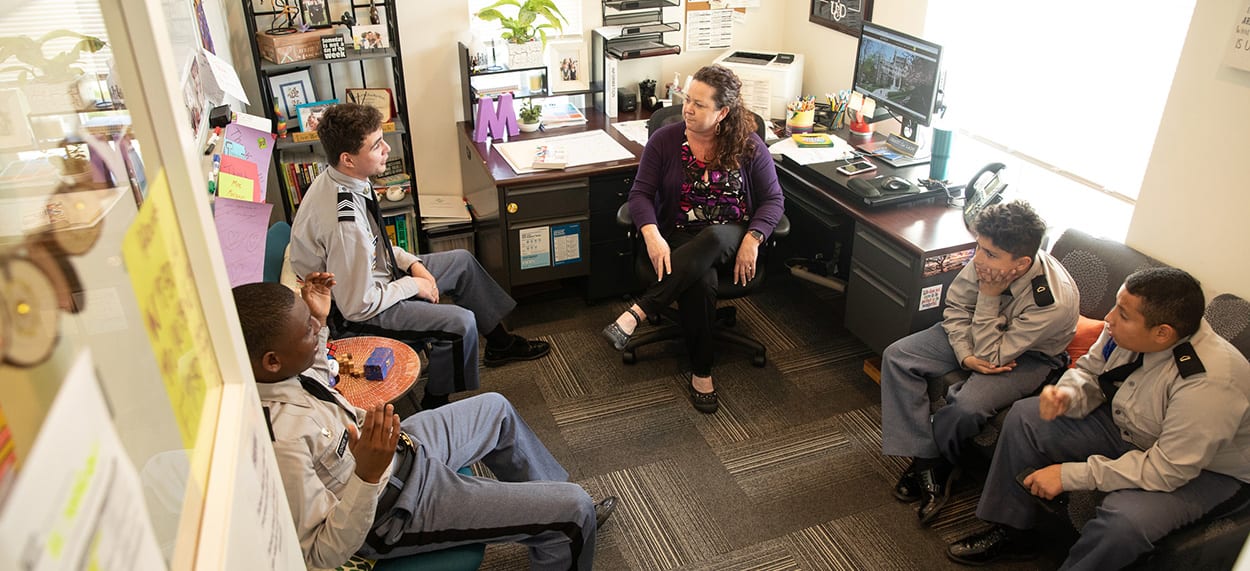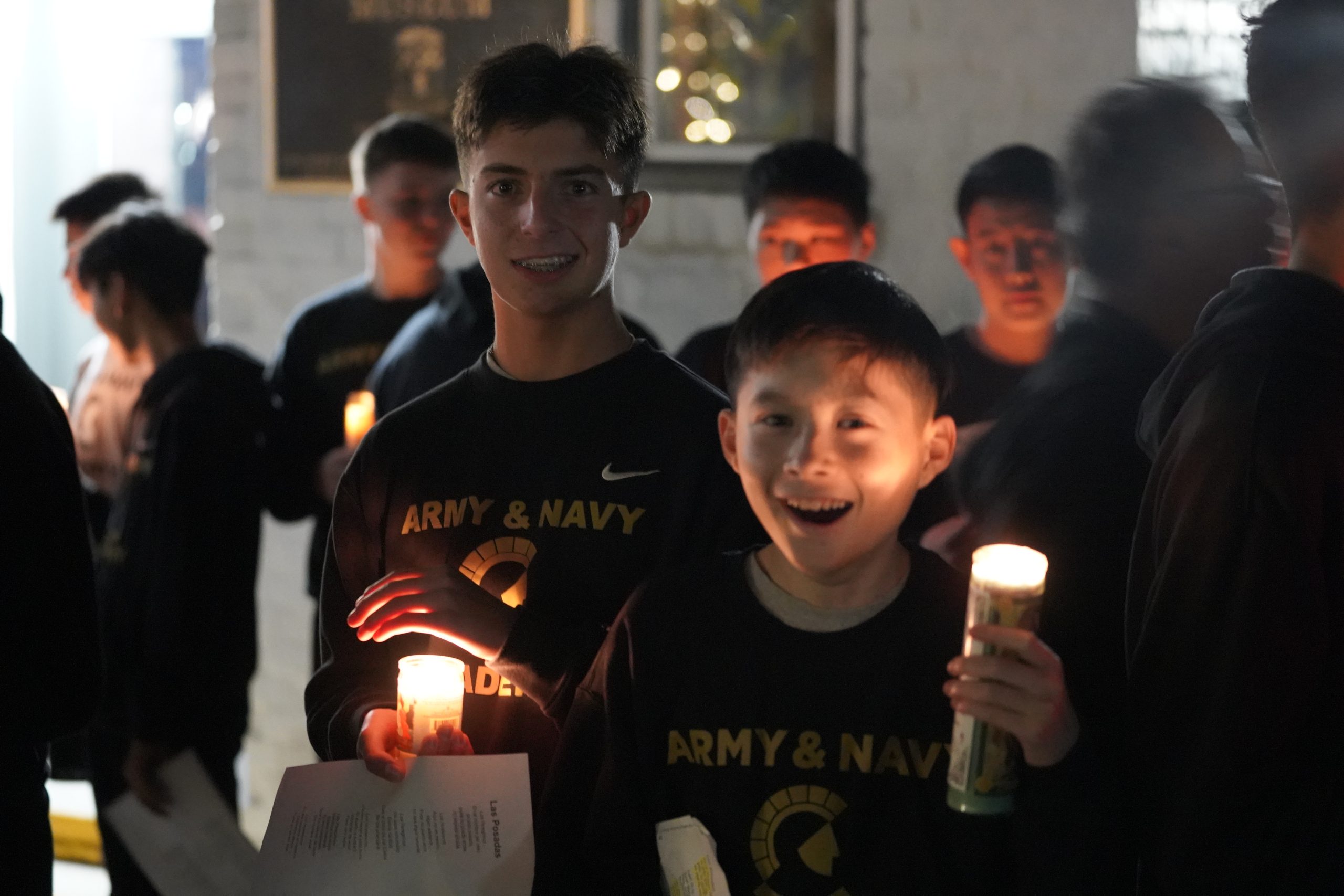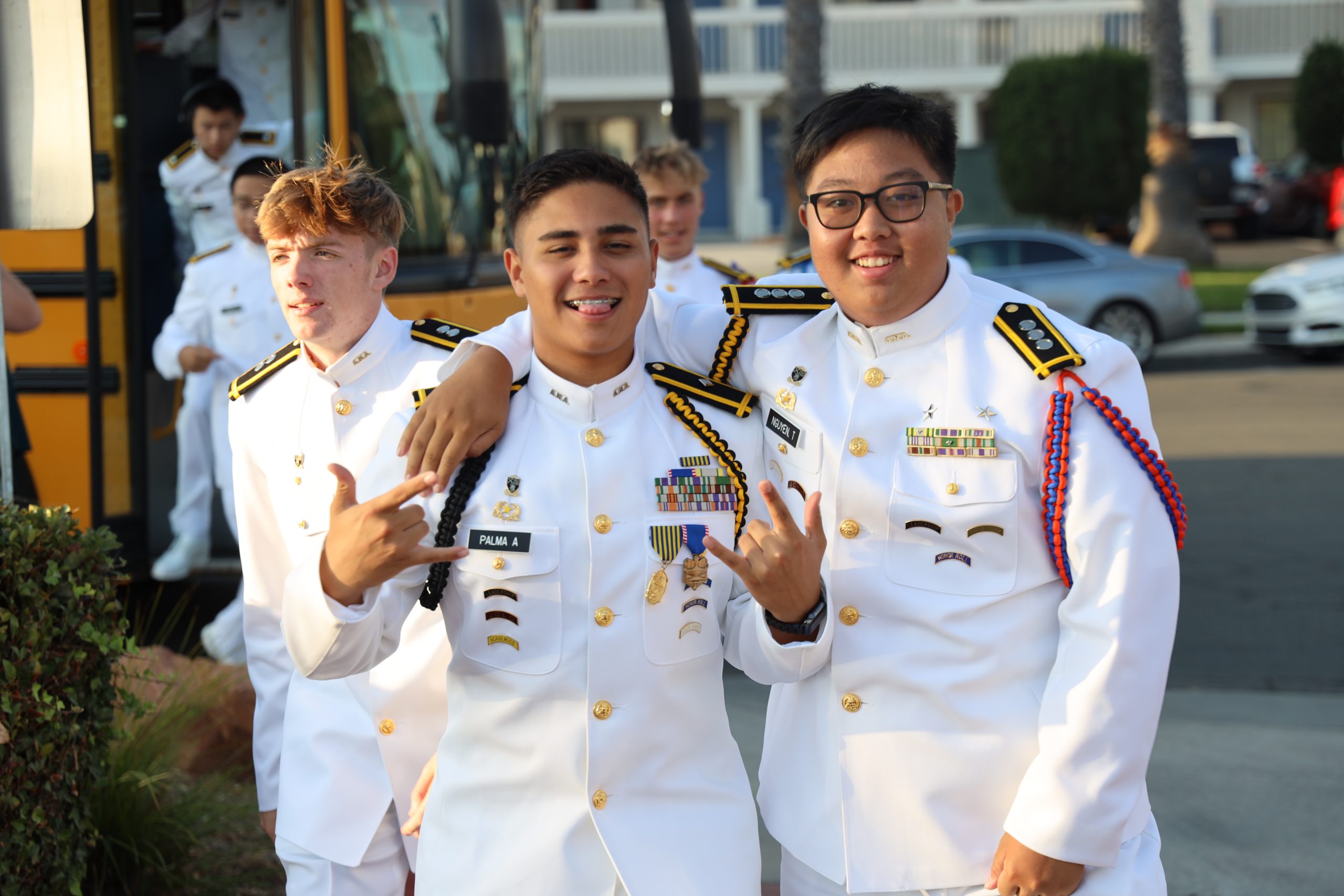
Academic Support Services
- Learning Strategies for Students with Learning Differences
- English for Speakers of Other Languages for International Students
Learning Strategies
The Learning Strategies team works to support students with learning differences to help them become more successful in their current coursework. This specialized course is collaborative between teachers, students, and parents. All of us work together to develop an individualized plan for the student that will lead him to academic success.
Our learning strategies program has an excellent track record, in particular, in working with students with mild to moderate learning differences. If you have ADHD, dyslexia, auditory processing, dysgraphia, or other learning issues, our program will help you ignite your interest in learning and give you the support you need.
In addition, our boy-centered academic approach is geared for boys through interactive and hands-on lessons, career-oriented electives, and dynamic educational clubs. Our methods are research-based and help students become more confident and motivated to learn and achieve to their full potential. Check out related blogs under Perspectives to learn more about how to find the right boarding school for learning differences. Call Admission to find out if we are the right fit.
Academic Approach
Learning Strategies teacher provides support directly to students to assist them with their current coursework. Lessons and activities in the classroom are centered around study skills. On a weekly basis, students work with teachers to review grades and to set goals.
Outside of the classroom, the Learning Strategies team creates and implements School Accommodation Plans for each student. These plans are shared with classroom teachers and Department Chairs to evaluate teaching strategies.
ESOL Classes
The English Language Learner (ELL) program at the Army and Navy Academy ensures that every English learner student develops linguistically, academically and socially in a culturally enriching and supportive environment.
An introduction to American Culture and traditions with emphasis on culturally appropriate communication skills is also a key learning outcome for our English learners. This is done through a research-based language acquisition program, dedicated teaching staff, and close collaboration with the core content instructors.
Academic Approach
English learners focus on developing advanced reading, writing, listening and speaking skills in the English language, as well as introducing students to the academic vocabulary that they will need for success in the core content classes.
If you are an international student seeking a U.S. boarding school to improve your English, Army and Navy Academy could be the ideal match.
Every course prepares the English learner with ESOL textbooks and technology based lessons with differentiated instruction that meet the needs of every student in the program. Check out our blog under Perspectives to learn more about boarding schools with ESOL. Contact the Admission Office to learn more about international admission.
ESOL Curriculum
ESOL (English for Speakers of Other Languages) – 7th or 8th Grade
ESOL (English for Speakers of Other Languages) – 7th or 8th Grade- Full Year
ESOL will provide intensive language acquisition training, as well as both oral and auditory training in English. It serves as a transitional link for students with limited English proficiency. The study of vocabulary and essential English conventions will be emphasized. Students will practice writing skills in their newly acquired language.
ESOL (English for Speakers of Other Languages) – 9th through 12th grades
ESOL (English for Speakers of Other Languages) – 9th through 12th grades-UC Approved Course-Full Year
This literature based course is designed to develop students’ listening, speaking, reading and writing skills in the English Language. Emphasis is placed on the active reading strategies, study skills, and academic language functions needed to access the English Language Arts Standards and the content curriculum.
This class is designed to facilitate the transition into mainstream English. One unit of an ESOL course may be taken which satisfies a student’s English curricular requirement. ESOL courses may also be taken within a student’s course of study to better support his learning.
What is the emphasis in Learning Strategies?
The program emphasizes study skills and also incorporates our approach to mental fitness, a growth mindset, and mindfullness. Students benefit from personal support in the following areas: organization, homework strategies, study skills, test taking, test anxiety, listening skills, time management, active reading, note taking, goal-setting, memorization, and active participation.

Is this a school for boys with ADHD or Dyslexia?
Army and Navy Academy is not exclusively for students with learning differences, but our overall approach and Learning Strategies Program can make a positive difference for boys with learning issues. Hands-on lessons, personalized support, tutoring, and engaging academics inspire boys to push their potential.

Do students get extra time on tests?
Students enrolled in the Learning Strategies Program are provided extra time to take tests at the Academy, and are also eligible to apply for extra time on the PSAT, SAT, ACT, and AP exams.

Is ESOL for international students?
Contact the admission office to determine if ESOL will be required. It depends on your TOEFL exam score and also on your home country’s language focus.
Given that many international students speak multiple languages, we use the term “ESOL” vs. “ESL” for our program.
We welcome students from around the world to study at our campus as they prepare for college and life beyond.

How do international students apply?
If you are interested in applying to Army and Navy Academy or if you have questions about our ESOL program, feel free to contact the admission office – Victor Traycey

